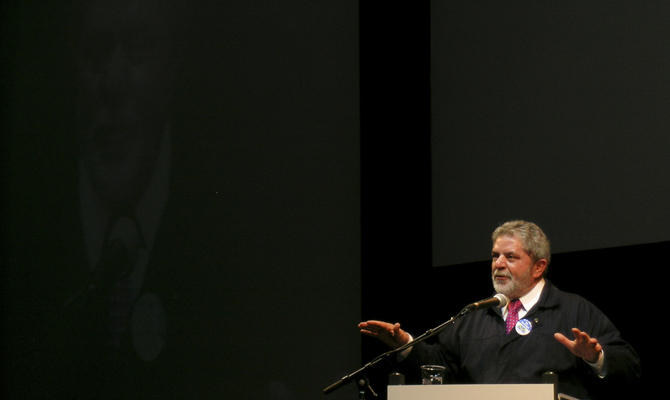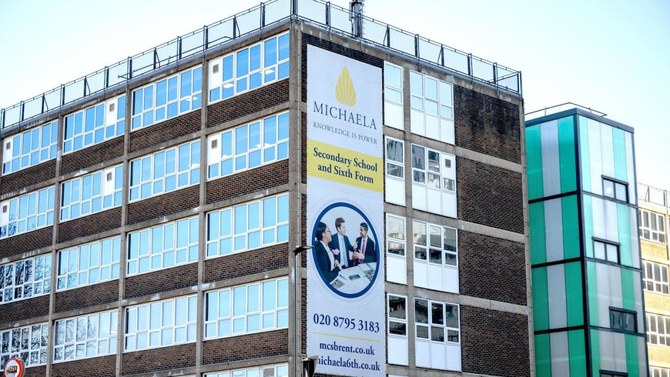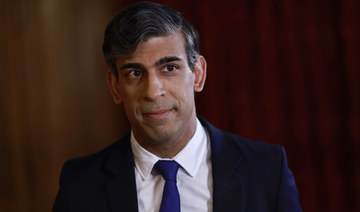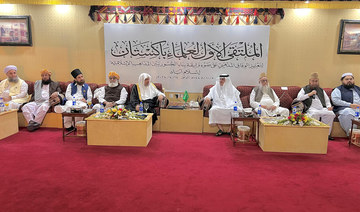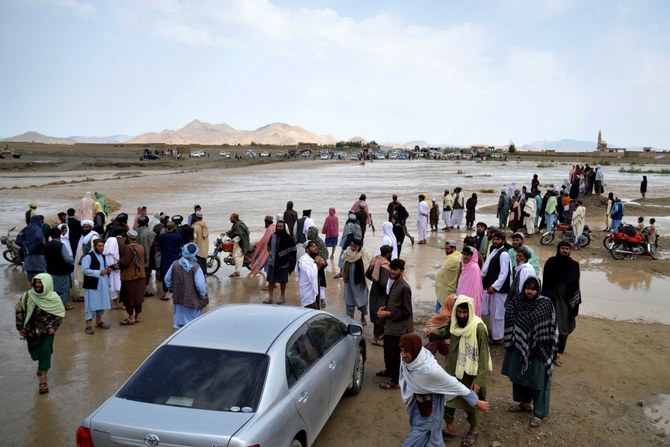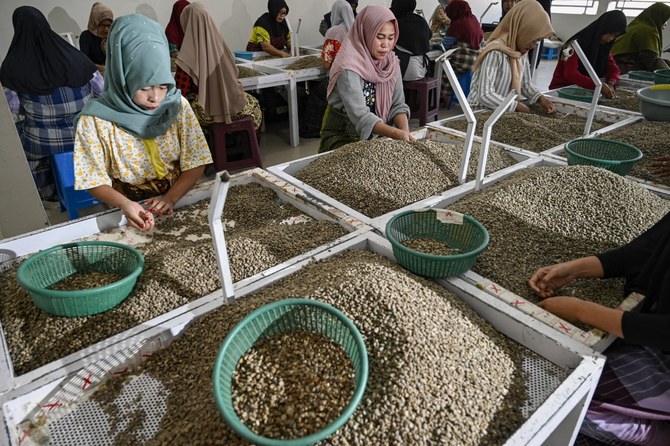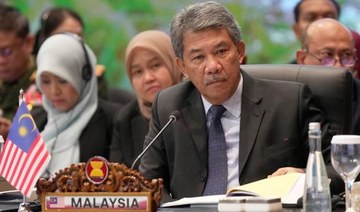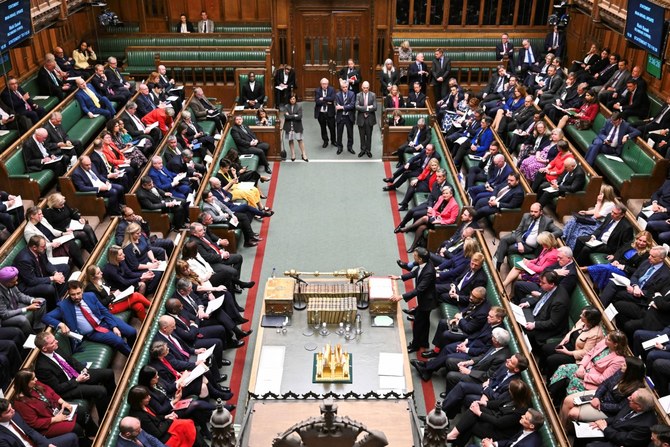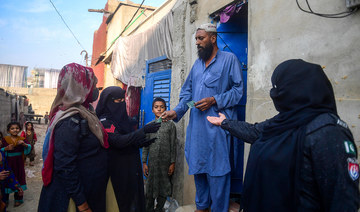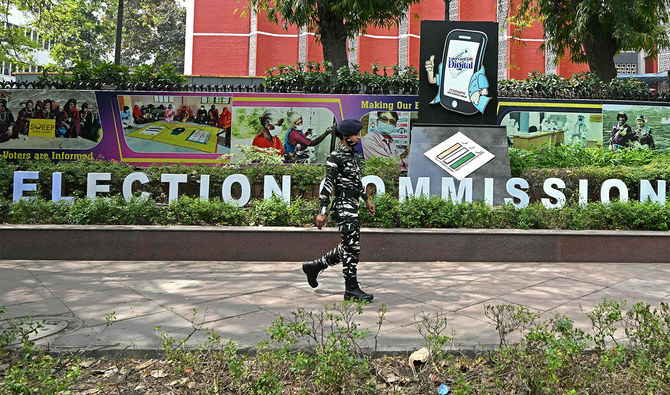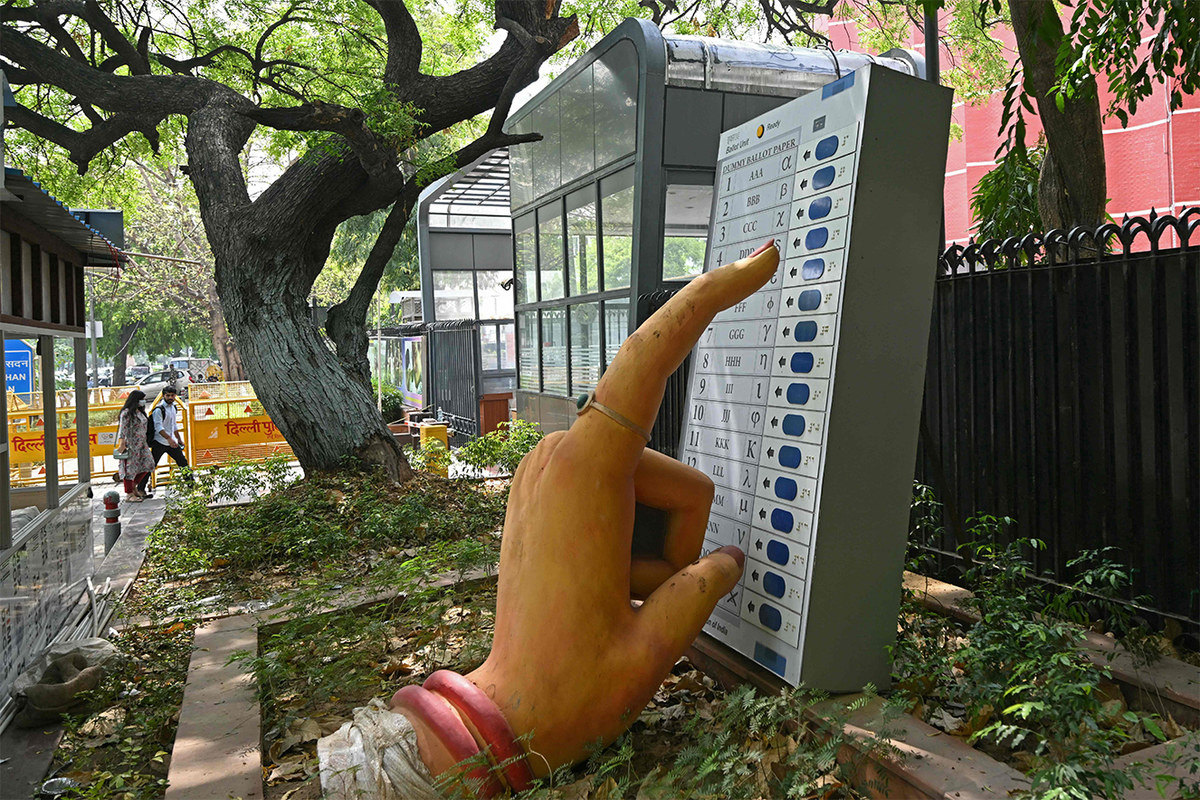RIO DE JANEIRO: Brazil’s Supreme Court on Tuesday unexpectedly avoided debating a request for the early release of leftist icon Luiz Inacio Lula da Silva, as social media fury intensified over leaked documents showing a conspiracy to keep him out of the 2018 election race.
The court had placed this issue on its docket, but after four hours the five judges retired without addressing it.
Explosive reports published by The Intercept investigative website on Sunday also ignited calls for its American co-founder Glenn Greenwald to be deported from Brazil and for Justice Minister Sergio Moro — who is at the center of the growing scandal over the Car Wash anticorruption investigation — to resign, underscoring the country’s increasing polarization.
Telegram chats provided to The Intercept show Moro — the judge who handed Lula his first conviction in 2017, effectively ending both his election hopes and decades of center-left rule in Brazil — improperly collaborated with Car Wash prosecutors to convict and jail the popular ex-president.
Their aim, according to The Intercept, was to prevent Lula contesting the 2018 presidential election, which he was widely expected to win.
Far-right President Jair Bolsonaro — who appointed Moro to his cabinet after taking power in January — was the eventual winner.
Some analysts have downplayed the potential fall-out from the revelations in a country where many people are fed up with corrupt leaders and strongly support the Car Wash probe that has claimed scores of political and business scalps since it began in 2014.
While Twitter has been flooded by supporters and opponents of Bolsonaro’s government, there have been no significant street demonstrations over the claims of unethical behavior by Moro and the Car Wash prosecutors.
Calls for Greenwald, who was part of the team that first interviewed Edward Snowden in 2013, to be kicked out of Brazil are growing with #DeportaGreenwald widely shared on Twitter.
“There is a general appreciation of wrongdoing and that ethical boundaries were crossed, but it is unlikely to generate the same levels of indignation as other corruption scandals,” said Robert Muggah, research director at the Igarape Institute, a think tank in Rio de Janeiro.
“All this could change if more damaging evidence emerges, as is likely.”
Brazil's golden era
Bolsonaro, normally quick to denounce critics on Twitter, will refrain from commenting on the case until he meets with Moro Tuesday, his spokesman said on Monday.
Despite the attacks on social media, a defiant Greenwald has promised Sunday’s reports were “just the very beginning.”
On Tuesday, the Supreme Court had been expected to review a petition for Lula’s release from prison where he is serving eight years and 10 months after being convicted of accepting a seaside apartment as a bribe for helping the OAS construction company get lucrative deals with state oil firm Petrobras.
The judges said nothing about when they might discuss the request. They scheduled debate on another Lula appeal — seeking the annulment of his conviction on grounds that Moro is biased, for June 25.
Lula, who led Brazil through a historic boom from 2003 to 2010, earning him the gratitude of millions of Brazilians for redistributing wealth to haul them out of poverty, has denied all the corruption charges against him.
He has long argued they were politically motivated to prevent him from competing in the 2018 election.
“He was quite impacted by the content of the material, but on the other hand it wasn’t new,” said Cristiano Zanin, a member of Lula’s defense team.
In the leaked group chats, Car Wash prosecutors expressed “serious doubts whether there was sufficient evidence to establish Lula’s guilt,” The Intercept said.
The material also shows “prosecutors spoke openly of their desire to prevent the PT (Workers Party) from winning the (2018) election and took steps to carry out that agenda.”
And Moro repeatedly “overstepped the ethical lines that define the role of a judge” by offering prosecutors advice and tips for “new avenues of investigation,” the site said.
Car Wash chief prosecutor Deltan Dallagnol posted a video on Twitter Monday defending his team’s contact with Moro, saying it was normal for prosecutors and lawyers to speak with a judge in the absence of the other party.
“Trying to imagine that the Car Wash probe is a partisan operation is a conspiracy theory with no basis,” he said.



